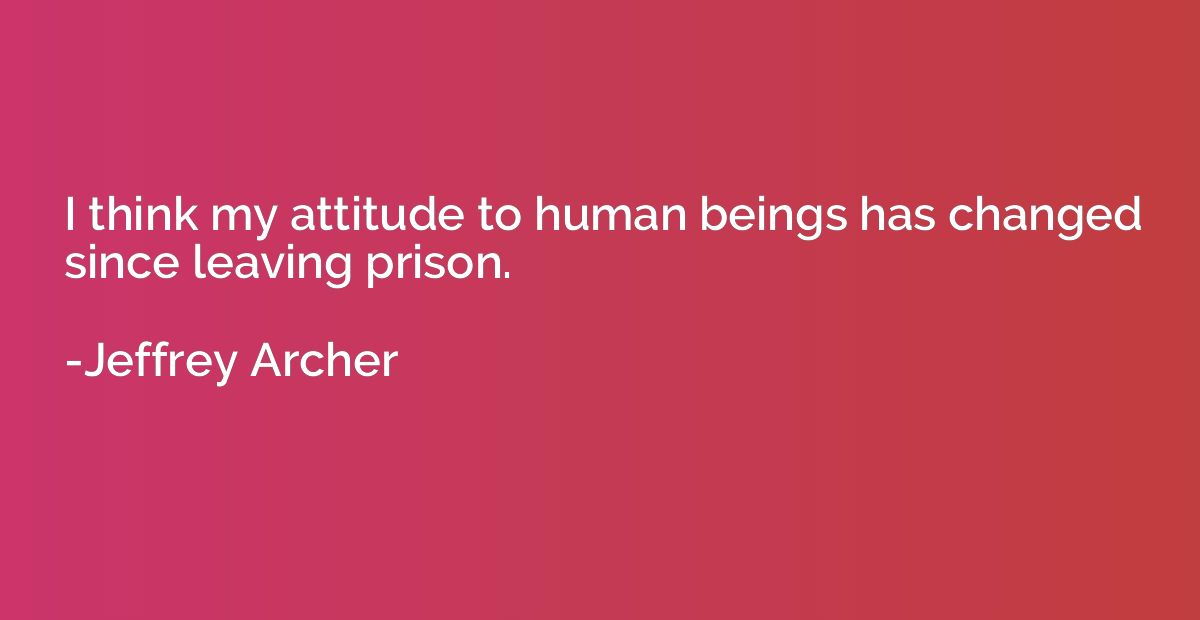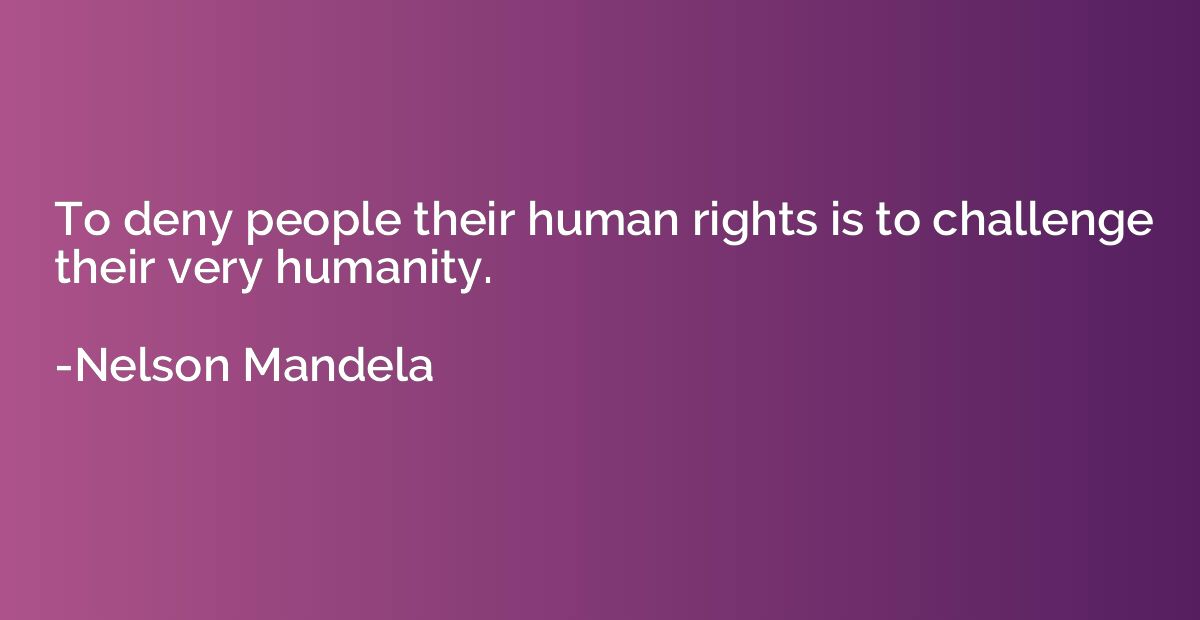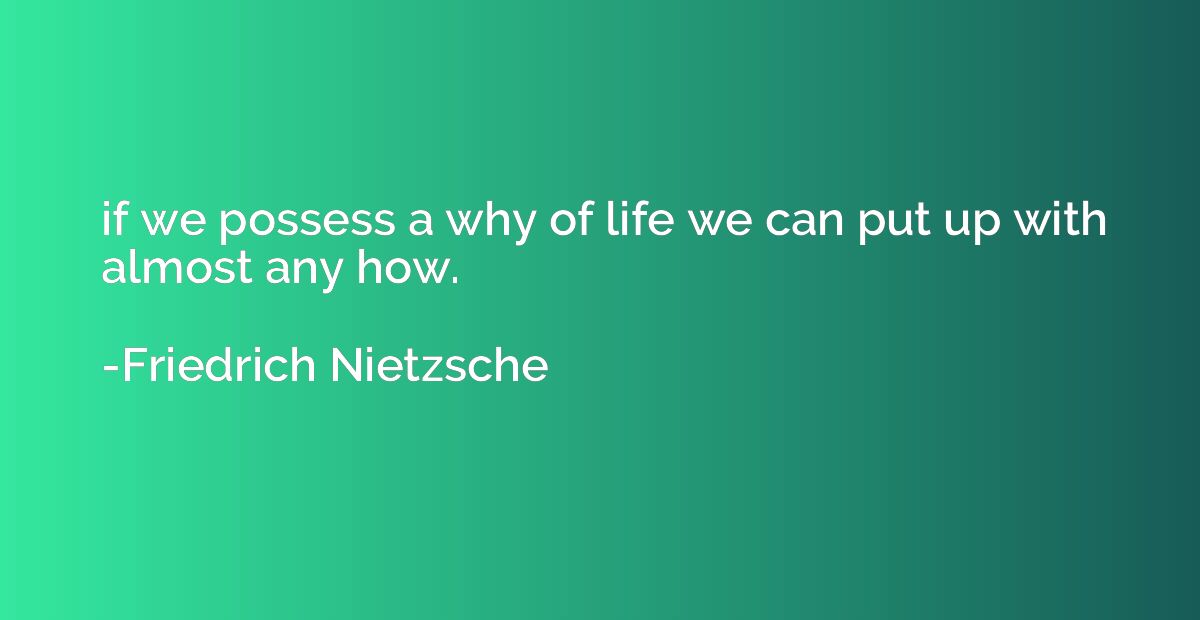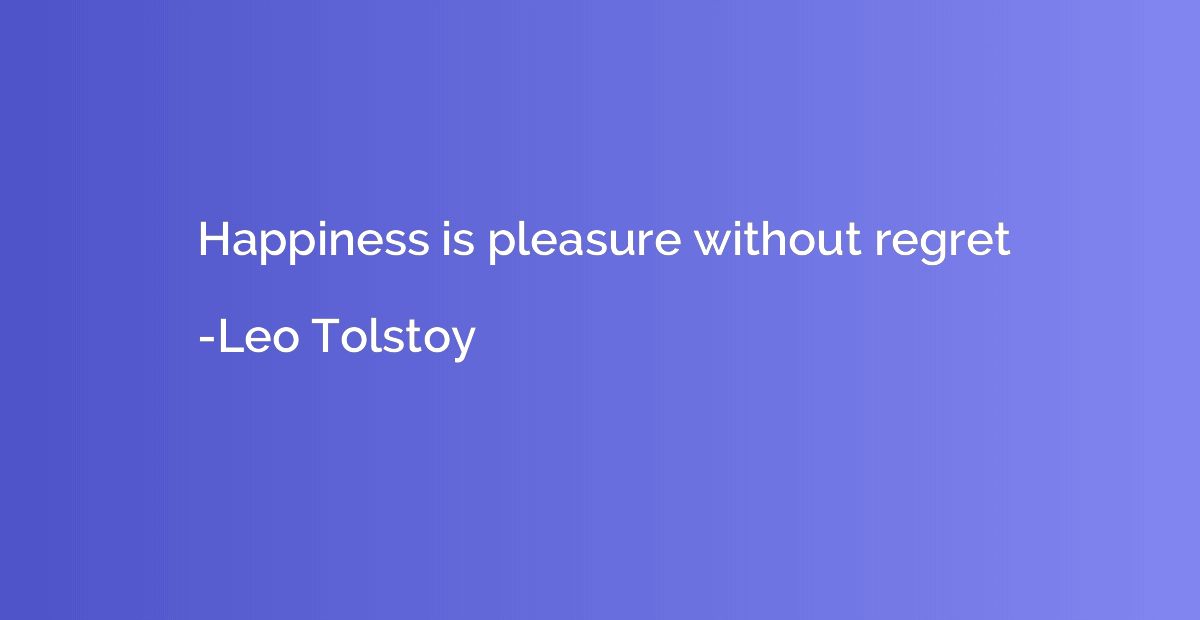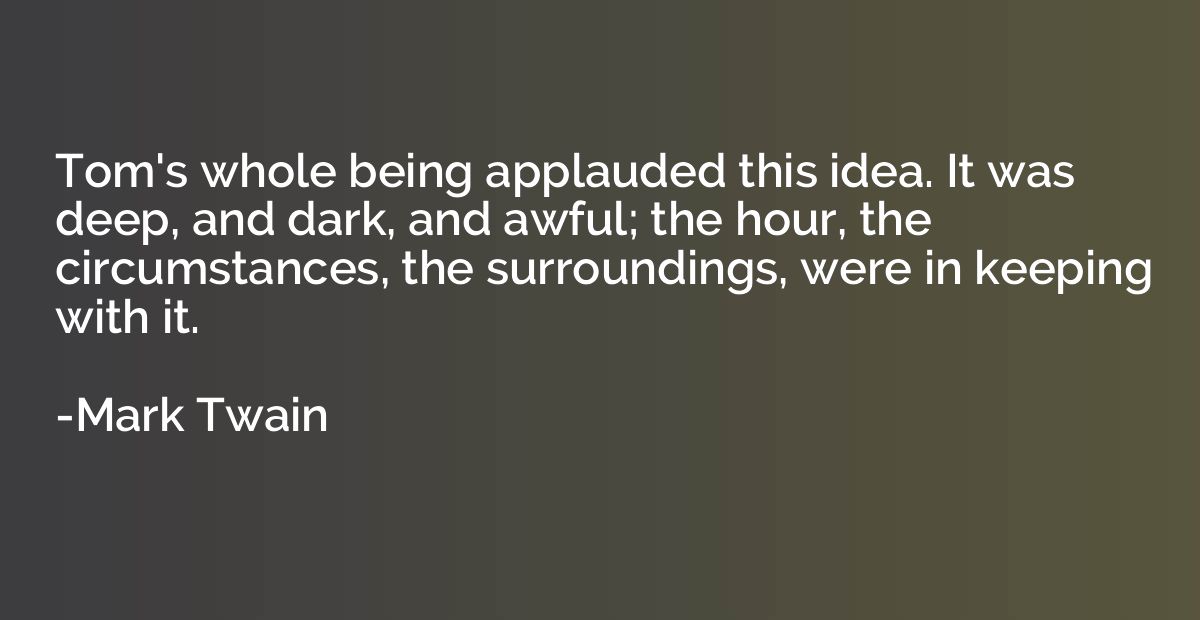Summary
This quote suggests that the true purpose of books is to inspire readers. It implies that books hold the power to spark creativity, ignite imagination, and motivate people to strive for greatness. Rather than merely serving as a source of information or entertainment, books are seen as catalysts that awaken ideas, passions, and aspirations within individuals. They have the ability to provide insights, new perspectives, and profound experiences, ultimately encouraging personal growth and transformation. In essence, this quote emphasizes the profound impact that books can have on inspiring individuals to reach their full potential.




